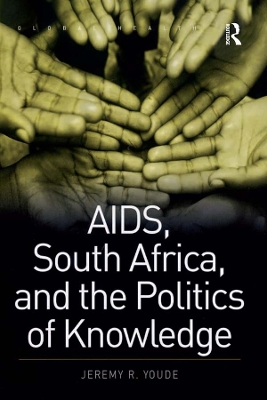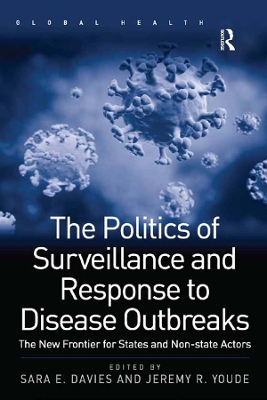Global Health
2 total works
Through an in-depth examination of the interactions between the South African government and the international AIDS control regime, Jeremy Youde examines not only the emergence of an epistemic community but also the development of a counter-epistemic community offering fundamentally different understandings of AIDS and radically different policy prescriptions. In addition, individuals have become influential in the crafting of the South African government's AIDS policies, despite universal condemnation from the international scientific community. This study highlights the relevance and importance of Africa to international affairs. The actions of African states call into question many of our basic assumptions and challenge us to refine our analytical framework. It is ideally suited to scholars interested in African studies, international organizations, global governance and infectious diseases.
The Politics of Surveillance and Response to Disease Outbreaks
by Sara E. Davies and Jeremy R. Youde
Published 24 February 2016
The capacity to conduct international disease outbreak surveillance and share information about outbreaks quickly has empowered both State and Non-State Actors to take an active role in stopping the spread of disease by generating new technical means to identify potential pandemics through the creation of shared reporting platforms. Despite all the rhetoric about the importance of infectious disease surveillance, the concept itself has received relatively little critical attention from academics, practitioners, and policymakers. This book asks leading contributors in the field to engage with five key issues attached to international disease outbreak surveillance - transparency, local engagement, practical needs, integration, and appeal - to illuminate the political effect of these technologies on those who use surveillance, those who respond to surveillance, and those being monitored.

